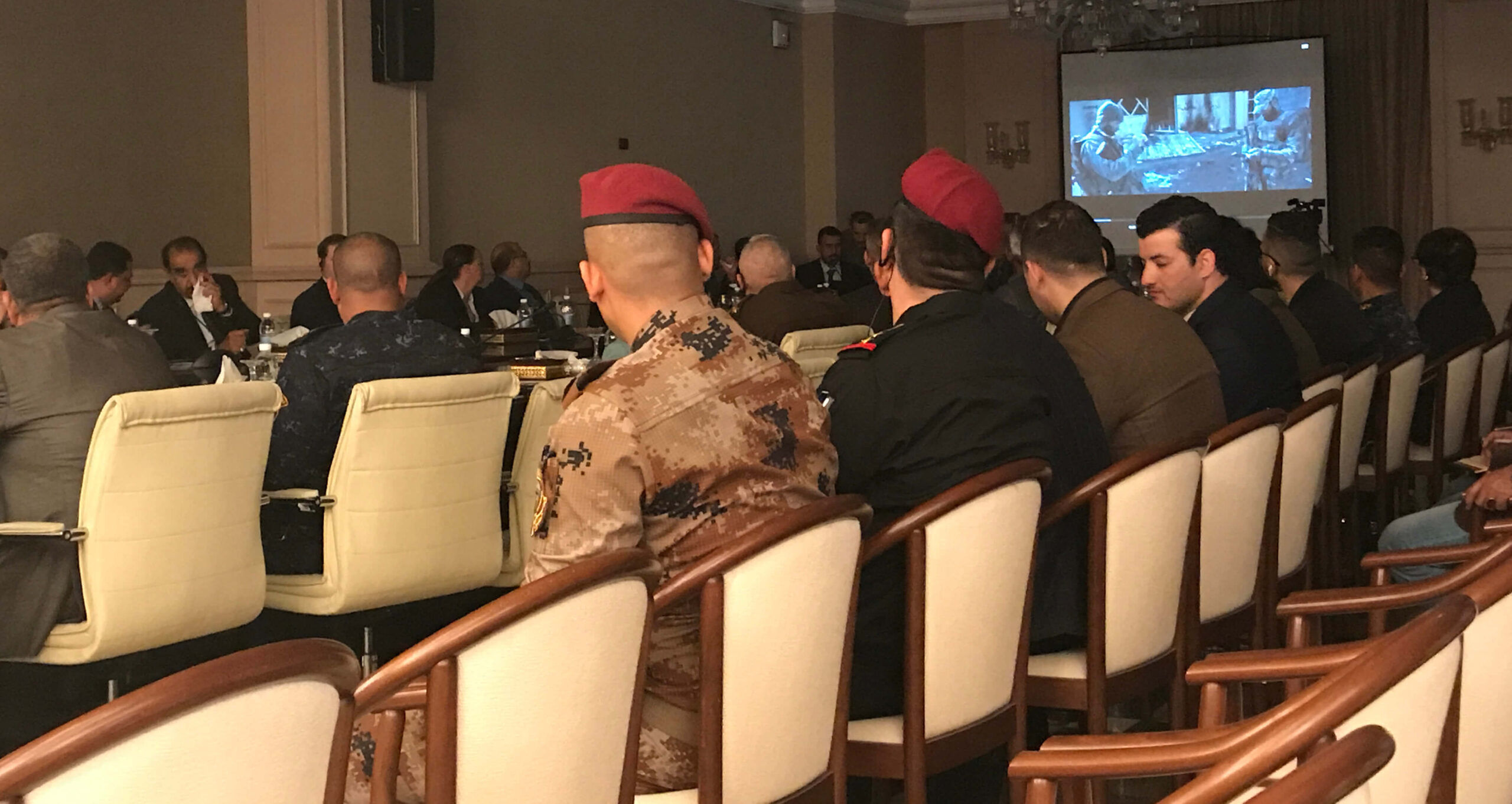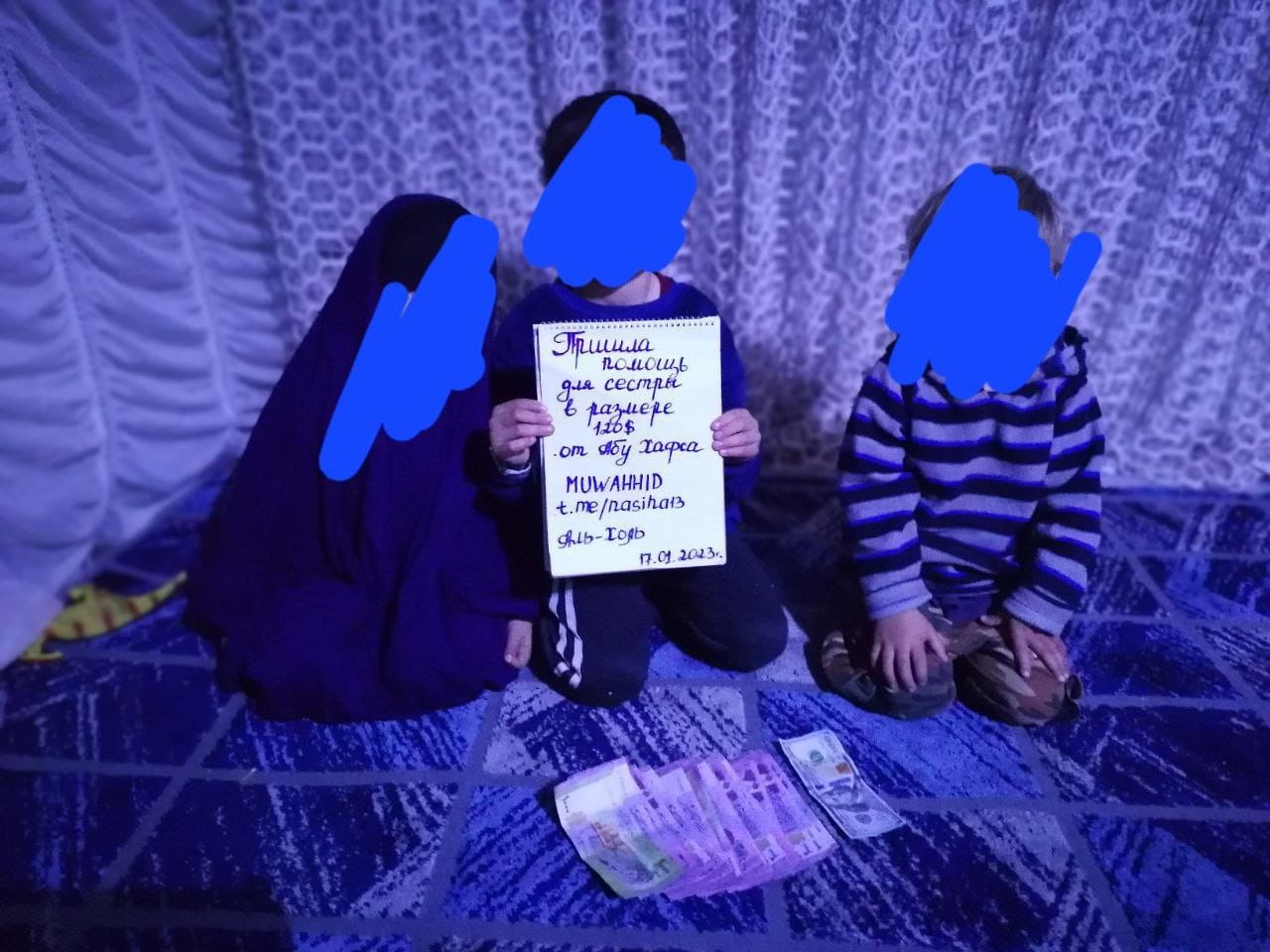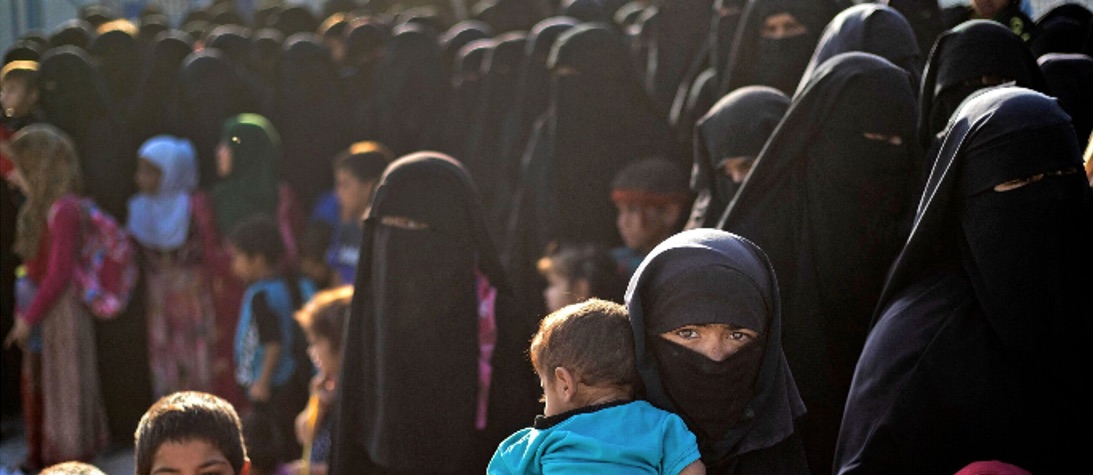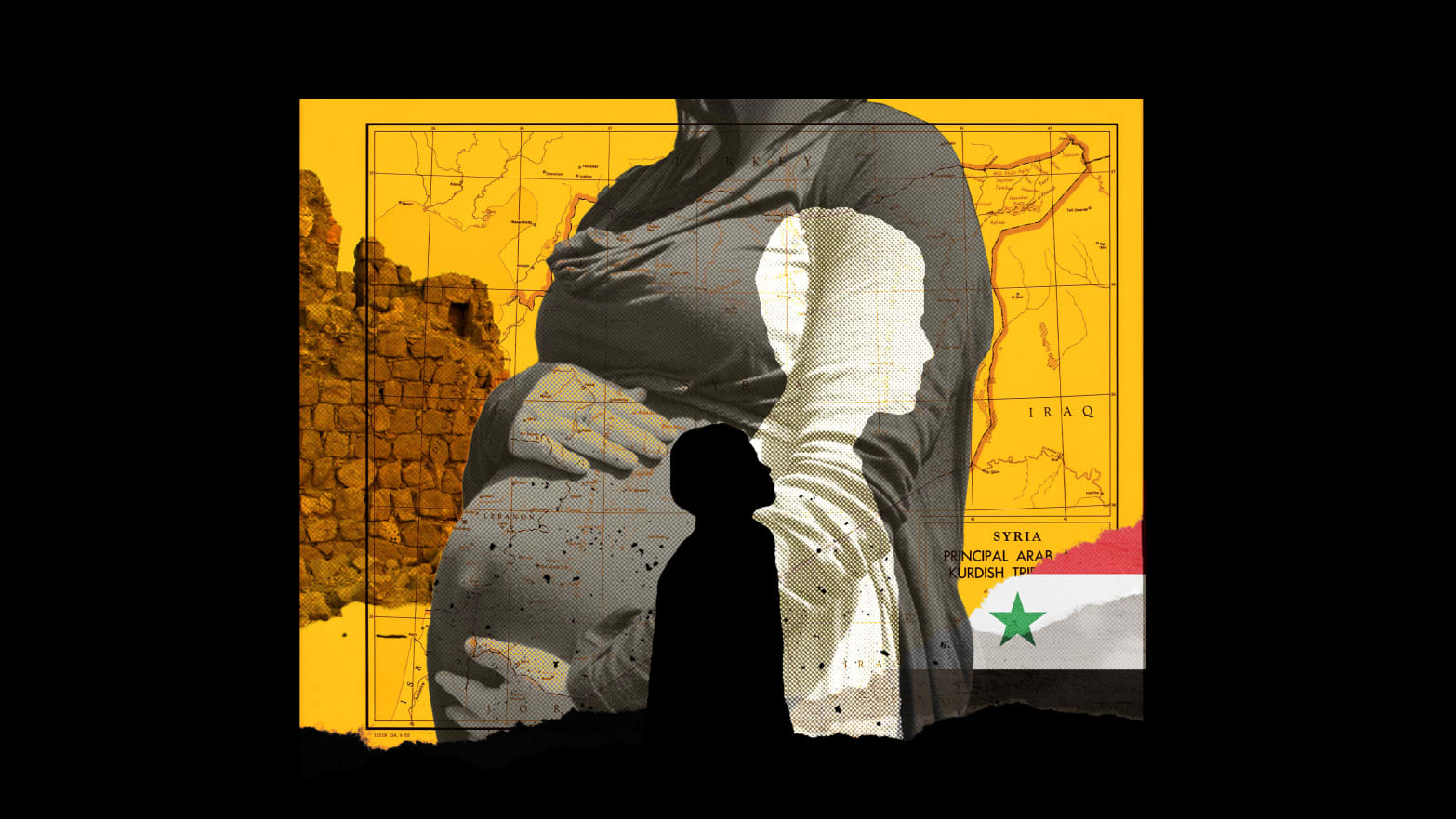Mona Thakkar & Anne Speckhard Despite notable repatriation progress in early 2023, involving 14 countries…

How can Hollywood help fight ISIS and similar terrorist groups?
Anne Speckhard, Ph.D.
BAGHDAD – The International Center for the Study of Violent Extremism (ICSVE) researchers recently took part in Department of Defense (DOD – CENTCOM) and Iraqi government jointly sponsored incubator program held in Baghdad, Iraq. Facilitated also by American Abroad Media (AAM), the program served to bring together Iraqi forces, Iraqi filmmakers, and personalities from the Hollywood film industry, such as Bill Marsilii, Janet Batchler, and Tim Clemente. The participants shared important ideas on how to narrate and recreate powerful and appealing stories of Iraq’s recent war with ISIS, including how to create appropriate images of struggle, heroism, and unity in a war against one of the most barbaric terrorist groups to date, and how to attract audiences to such stories in a manner that builds national unity, heals wounds of sectarianism, and binds back a society torn apart by terrorist ideologies and actions.
During the conference, Iraqi forces and filmmakers featured a number of intriguing war stories presented on film, particularly of heroes who gave their all trying to rescue their country out of the hands of a brutal terrorist group, portraying them from different perspectives and with varying objectives. The conference also shed light on the relationship between the armed forces and the film industry. Both Hollywood participants and members of the Iraqi military reminded us of the prevailing popularity of movies and documentaries about heroic men and women in the battlefield and the ordinary citizens whose amazing courage sets examples for all of us.
Members of the Iraqi military chronicled stories of honor, heroism, patriotism, and the Iraqi army’s ability to protect the nation. They also portrayed acts of courage, as they did those of human suffering and tragedy in equal measure. Many found such stories emotional yet uplifting. Army soldier Hussein died while saving the weak and carrying injured companions to safety. In death, in the words of those who knew him personally, he gained fame as a “national hero.” Reminiscent of Mona Parson’s courage in hiding Allied airmen in her house in the outskirts of Amsterdam during the Nazi occupation, Umm Qusai, a brave Iraqi woman, courageously pulled it off without being caught by ISIS. She was determined to enter a clandestine world of rescuing the vulnerable, by some accounts saving dozens of Iraqi soldiers from ISIS by sheltering them in her home. The story of Baiji refinery, just north of the capital, Baghdad, and the brave men who stoically fought back against ISIS was depicted as a symbol of national resistance against ISIS, while also serving to celebrate the government’s determination to prevail over the terrorist group.
ISIS-related horror stories also took center stage in many of the presented documentaries, as though the Iraqi military and security establishment was seeking a way to eliminate future carnage. Hiding in plain sight, there were also images of those who seem to want to go on with their lives, exhausted and disinterested in revisiting the conflict. Some suggested injecting laughter in the midst of death and destruction found in the recent conflict. As we listened to numerous presentations by the Iraqi military and young movie producers, we also wondered if images of peace, romance, and comedy often found during times of war could augment those of cinematic combat in restoring a sense of hope for the future. The movie Life is Beautiful comes to mind, a touching fictional movie of a Jewish father determined to shelter his son from the horrors of the Holocaust by convincing him that their time in a concentration camp is merely a game.
Conferences such as these highlight not only the importance of rebuilding national identity and solidarity through documenting heroic stories of war and human suffering, but also countering the narrative of terrorist groups like ISIS. The Hollywood screenwriters and producers offered their expertise in creating story lines that could challenge ISIS and other terrorist groups’ powerful use of video and imagery, especially important in the face of ISIS’ prolific Internet distributed video productions and their clever use of social media to identify and contact vulnerable youth who like, share, Retweet or otherwise endorse such products—swarming in to lure them further into the group. Given Hollywood’s long-standing history of countering enemy narratives, it seems that they might have just the “medicine” for dealing with the ISIS poison spewed out over the Internet over the last five years and capable of luring over 30,000 foreign fighters to Syria and Iraq to cause devastation and suffering to so many.
Hollywood screenwriter, Janet Batchler reminded participants that many Westerners have stood up to neo-Nazism in modern day times precisely because they learned from movies that the symbols of Nazism represent evil. Similarly, today we need new films to help youth recognize the lies of groups like ISIS and to redirect them to better paths to truly heroic acts, finding significance and to pursuing nationhood.
We at ICSVE continue to understand the importance of generating theatrical productions that capture audience attention and imagination. In our Breaking the ISIS Brand Counter Narratives Project, we use the voices of actual ISIS insiders—defectors, returnees and ISIS cadre prisoners—we have interviewed on film to denounce the group as the un-Islamic, barbaric and corrupt group they found it to be. We use ISIS propaganda pictures and videos to illustrate the horror stories they tell, effectively turning ISIS’ propaganda back on them. At ICSVE, we know the power of film to turn hearts and minds. The presence of Hollywood filmmakers in Baghdad this past week was crucial to further strengthen the fight against terrorist groups like ISIS and advance education in filmmaking in ways relevant to furthering the Iraqi national context.
About the Authors:
Anne Speckhard, Ph.D., is an adjunct associate professor of psychiatry at Georgetown University School of Medicine and Director of the International Center for the Study of Violent Extremism (ICSVE). She has interviewed over 600 terrorists, their family members and supporters in various parts of the world including in Western Europe, the Balkans, Central Asia, the Former Soviet Union and the Middle East. In the past two years, she and ICSVE staff have been collecting interviews with ISIS defectors, returnees and prisoners, studying their trajectories into and out of terrorism, their experiences inside ISIS, as well as developing the Breaking the ISIS Brand Counter Narrative Project materials from these interviews. She has been training key stakeholders in law enforcement, intelligence, educators, and other countering violent extremism professionals on the use of counter-narrative messaging materials produced by ICSVE both locally and internationally as well as studying the use of children as violent actors by groups such as ISIS and consulting on how to rehabilitate them. In 2007, she was responsible for designing the psychological and Islamic challenge aspects of the Detainee Rehabilitation Program in Iraq to be applied to 20,000 + detainees and 800 juveniles. She is a sought after counterterrorism experts and has consulted to NATO, OSCE, foreign governments and to the U.S. Senate & House, Departments of State, Defense, Justice, Homeland Security, Health & Human Services, CIA and FBI and CNN, BBC, NPR, Fox News, MSNBC, CTV, and in Time, The New York Times, The Washington Post, London Times and many other publications. She regularly speaks and publishes on the topics of the psychology of radicalization and terrorism and is the author of several books, including Talking to Terrorists, Bride of ISIS, Undercover Jihadi and ISIS Defectors: Inside Stories of the Terrorist Caliphate. Her publications are found here: https://georgetown.academia.edu/AnneSpeckhardWebsite: and on the ICSVE website https://www.icsve.org Follow @AnneSpeckhard
Reference for this article: Speckhard, Anne (March 7, 2018) How can Hollywood help Fight ISIS and similar terrorist groups? ICSVE Brief Reports https://www.icsve.org/brief-reports/how-can-hollywoo…terrorist-groups/



